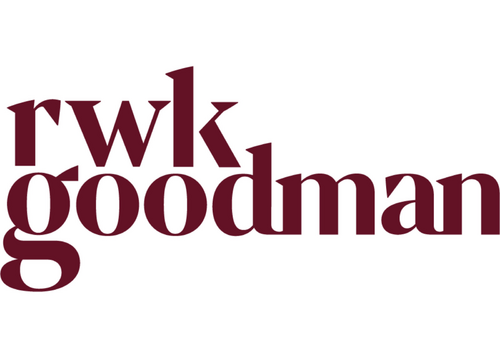Immigration and Employment Reforms (RWK Goodman)

In December 2023, the Home Office announced its reform on business migration.
The first of the reforms took effect on 11 March 2024. Individuals coming to the UK from oversees on Health and Social Care visas are no longer permitted to bring dependents. This change will likely achieve the Government’s goal of reducing net migration. However, the associated effects on the ability of employers within the care sector to adequately recruit cannot be underestimated.
As of 4 April, the Shortage Occupation list (SOL) was replaced by the Immigration Salary List (ISL). As well as being significantly shorter than the SOL, the ISL includes a different regime to discounts for the minimum salary requirements for the relevant occupations included. It does not include the 20% discount for salaries previously afforded to jobs on the shortage occupation list. Whilst, including care workers and senior care workers.
This was followed a week later on 11 April by the much publicised increase to the general minimum salary threshold for eligible occupations from £26,200 to £38,700. Whilst this increase does not apply to skilled workers on health and social care visas, the general minimum salary for care workers and senior care workers has increased to £29,000 meaning that, taking the 20% discount afforded by inclusion in the ISL, the minimum payable salary for these roles is £23,200, or £11.90 per hour based on a 37.5 hour week (up from £20,900 or £10.70 per hour).
It is worth noting that the changes relating to salaries will not be applied retroactively so will not immediately affect existing employees on skilled worker visas.
A more welcome reform for sponsor licence holders became effective on 6 April; employers will no longer need to make renewal applications for licences at the point that they expire. Instead, licences that are due to expire on or after 6 April will automatically renew without the need for a renewal application or payment of the renewal fee. This means that from 6 April, the only way that licences can be ended will be by the employer actively surrendering the licence or by the Home Office revoking it. This will no doubt be a welcome relief from the cumbersome existing process of licence renewal applications every four years.
Business immigration lawyers at RWK Goodman are on standby to assist with employers affected by these changes.
Author: Adrian Henderson (Associate)
Posted by Michaela on April 18th 2024
